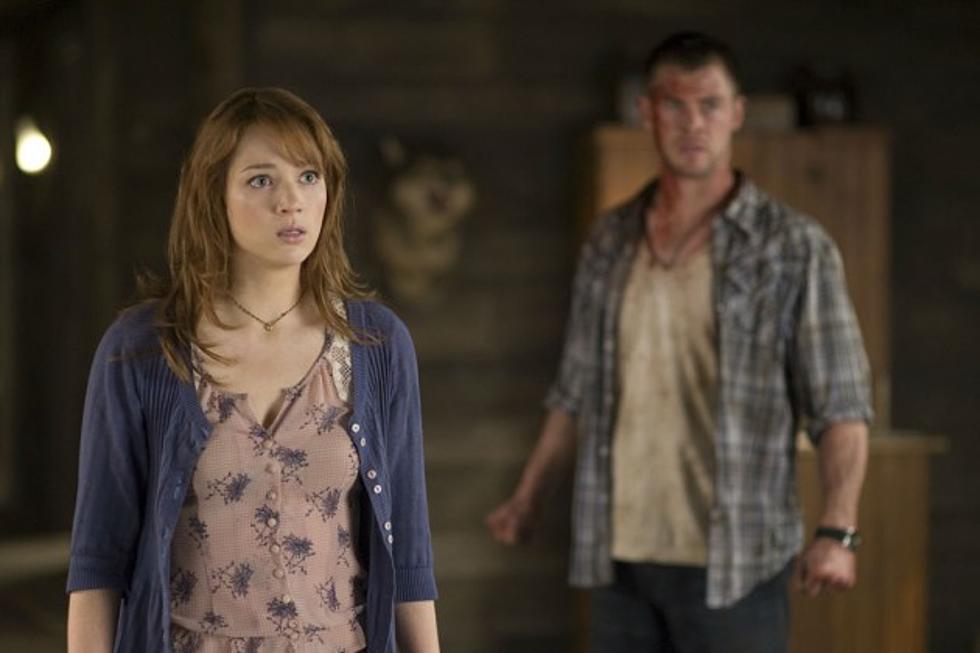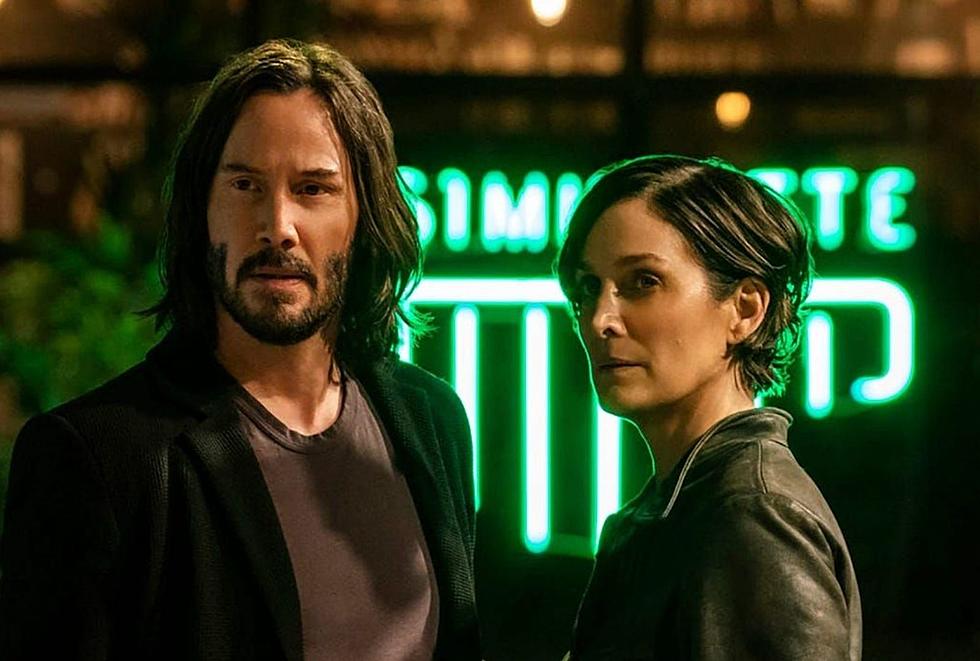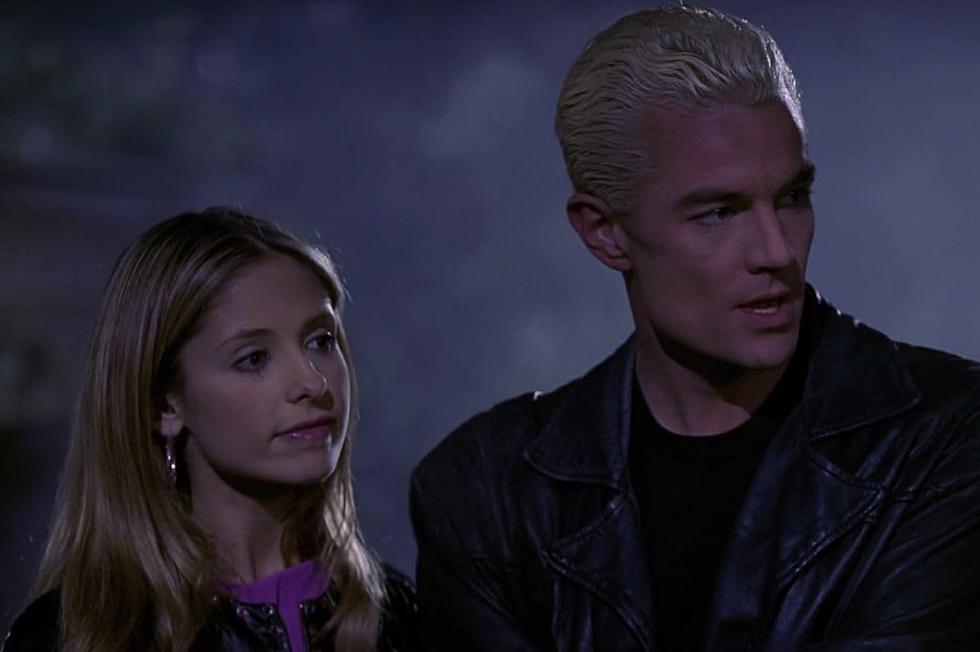
Joss Whedon Faces Copyright Lawsuit Over ‘The Cabin in the Woods’
In just a few weeks, Joss Whedon and Marvel are unleashing Whedon’s biggest film yet, Avengers: Age of Ultron. Unfortunately, while the director prepares to celebrate the release of what will undoubtedly be the biggest superhero film of the year, Whedon and longtime colleague Drew Goddard have just been hit with a copyright lawsuit over their 2012 horror hit The Cabin in the Woods.
The Cabin in the Woods was a highly original and inventive film that turned horror on its head while also honoring the beloved, enduring genre. But according to THR, a new lawsuit claims that Whedon and Goddard’s film wasn’t all that original. Whedon produced and co-wrote the original script with Goddard, who also made his directorial debut on the project.
The suit was filed on Monday in California’s federal court against Lionsgate and Whedon’s Mutant Enemy production banner. Peter Gallagher (not the actor with the glorious eyebrows) alleges that Whedon and Goddard stole the story for The Cabin in the Woods from his 2006 novel The Little White Trip: A Night In the Pines, and is requesting $10 million in damages.
Gallagher’s suit brings up numerous similarities between the two properties in his official claim:
Like the Book, the Film tells the story of five friends (three males and two females) between the ages of 17 and 22 who take a take a trip to a remote cabin in the woods. The cabin’s previous inhabitants were murdered by the father of the family, who returns to terrorize the group of friends. Throughout, the friends are being filmed and manipulated by persons behind the scenes, inadvertently playing characters in a real-life horror show. The similarities between the two works are striking. Even the names of the lead characters are similar. In the Book, the lead female blonde and brunette characters are named Julie and Dura respectively, whereas in the Film they are named Jules and Dana. Similarly, the cabin in the Book is called the “Brinkley Cabin,” whereas it is the “Buckner Cabin” in the Film.
The concept of a group of friends going to a cabin in the woods only to meet with unspeakable terror is a classic, prolific horror trope, and has served as the basis for many horror films and books. The similarities Gallagher alleges could very well be coincidental, although it’s unclear if the plaintiff has any further “striking” comparisons to present. The thing about the female character names is certainly curious, as well as the “behind the scenes” manipulations.
There’s little about the novel available online to help make further comparisons, although a quick Google search reveals that Gallagher self-published and self-promoted the book. As his full suit mentions, it was required reading on a high school syllabus in Los Angeles, but it was banned after a short period of time.
Gallagher also alleges that he was contacted by “multiple credited entertainment industry producers who expressed interest in the Book,” though he refrains from naming any specific studios or parties.
More From ScreenCrush









